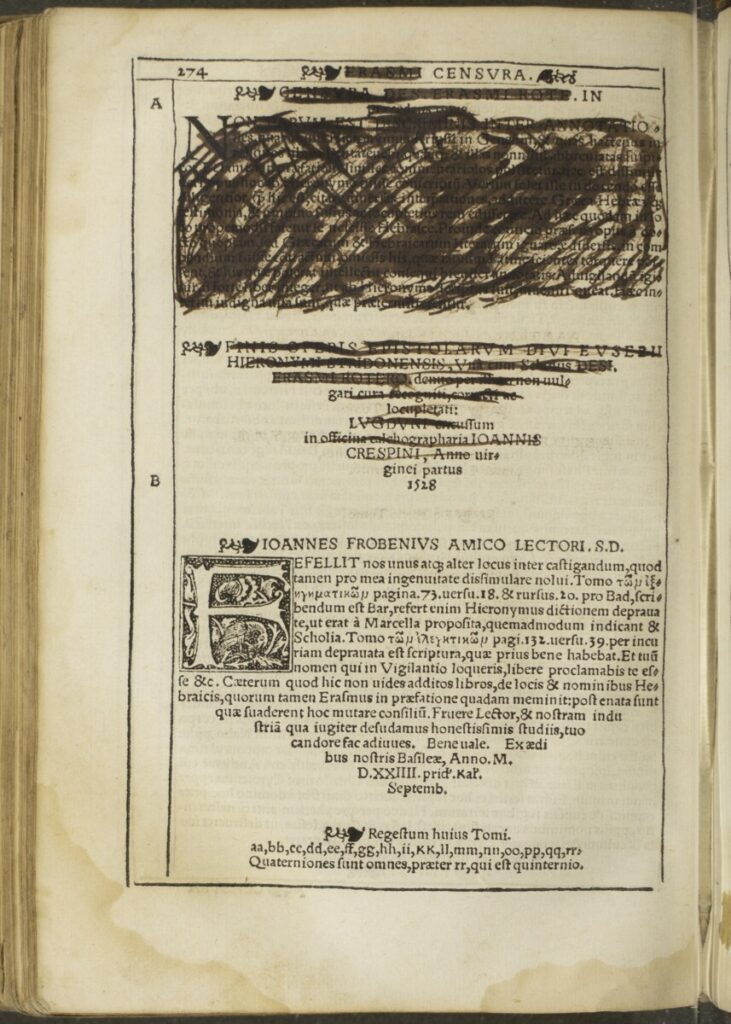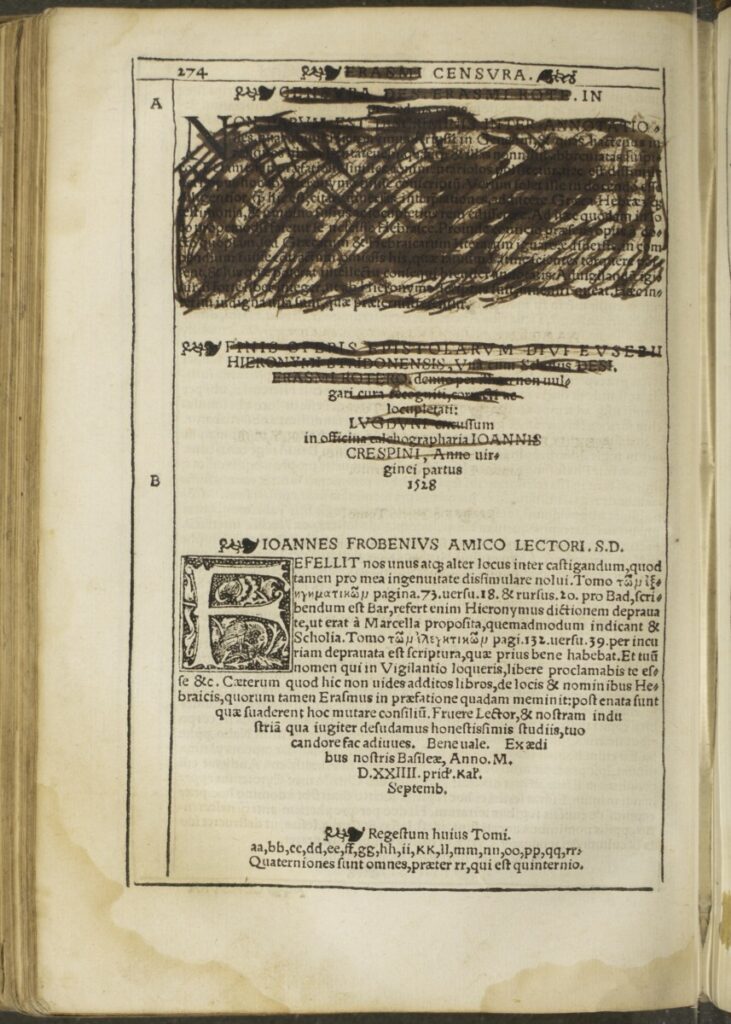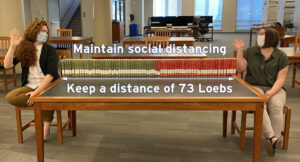 September 26th through October 2nd is Banned Books Week, an annual event celebrating the freedom to read. Banned Books Week was launched in 1982 in response to a sudden surge in the number of challenges to books in schools, bookstores and libraries. Typically held during the last week of September, it highlights the value of free and open access to information. Banned Books Week brings together the entire book community — librarians, booksellers, publishers, journalists, teachers, and readers of all types — in shared support of the freedom to seek and to express ideas, even those some consider unorthodox or unpopular.
September 26th through October 2nd is Banned Books Week, an annual event celebrating the freedom to read. Banned Books Week was launched in 1982 in response to a sudden surge in the number of challenges to books in schools, bookstores and libraries. Typically held during the last week of September, it highlights the value of free and open access to information. Banned Books Week brings together the entire book community — librarians, booksellers, publishers, journalists, teachers, and readers of all types — in shared support of the freedom to seek and to express ideas, even those some consider unorthodox or unpopular.
At Pitts Theology Library, the concept of banned books and censorship dates long before the week of recognition was launch–even to the 16th century!
For example, Pitts recently acquired two copies of the same 1528 printing of St. Jerome’s collected letters, edited by Erasmus of Rotterdam and printed by Jean Crespin in Lyon (1528 JERO and 1528 JERO A). This acquisition allows for an interesting comparison, since one of the copies is heavily censored to remove all evidence of Erasmus’ involvement in the publication. Pages containing his name or introductions and commentary provided by him have been carefully cut or simply crossed out. Although Erasmus remained a Catholic all his life and wrote works against Luther and the Reformation, he was nevertheless suspect to some in the church for his satirical critique of ecclesial corruption (In Praise of Folly) and his humanist scrutiny of textual sources, leading some of his critics to remark that Erasmus had laid the egg that Luther hatched.
By Armin Siedlecki, Head of Cataloging and Rare Book Cataloger



 In observance of the Labor Day holiday, Pitts Theology Library will be closed Saturday, September 4th, through Monday, September 6th. For a listing of all library hours, please visit
In observance of the Labor Day holiday, Pitts Theology Library will be closed Saturday, September 4th, through Monday, September 6th. For a listing of all library hours, please visit 
 As the summer comes to a close, Pitts thanks its student employees for their excellent work and dedication to the library’s mission in and outside of the building this past year. Pitts Theology Library employs over thirty graduate and undergraduate students during the school year in various positions. Student assistants learn a wide range of skills, such as cataloging new materials, maintaining the library’s book stacks, and digitizing images from Pitts’ rare books collection for the Digital Image Archive. Student assistants at Pitts are able to gain hands-on library experience while developing skills that will carry over to their future professions.
As the summer comes to a close, Pitts thanks its student employees for their excellent work and dedication to the library’s mission in and outside of the building this past year. Pitts Theology Library employs over thirty graduate and undergraduate students during the school year in various positions. Student assistants learn a wide range of skills, such as cataloging new materials, maintaining the library’s book stacks, and digitizing images from Pitts’ rare books collection for the Digital Image Archive. Student assistants at Pitts are able to gain hands-on library experience while developing skills that will carry over to their future professions.
 To kick off the 2021 Pitts Summer Reading Blog, Pitts took to the hallways of the library and Candler building to find out “the best resource you discovered during quarantine.” This week spoke to Myron McGhee, the one of Pitts’ circulation specialists. If you are a Candler student, Myron is a familiar face, as his work ranges from assisting patrons and coordinating with Pitts’ librarians and student staff members, to managing the circulation and cataloging of library materials.
To kick off the 2021 Pitts Summer Reading Blog, Pitts took to the hallways of the library and Candler building to find out “the best resource you discovered during quarantine.” This week spoke to Myron McGhee, the one of Pitts’ circulation specialists. If you are a Candler student, Myron is a familiar face, as his work ranges from assisting patrons and coordinating with Pitts’ librarians and student staff members, to managing the circulation and cataloging of library materials.  Myron’s recommendation is
Myron’s recommendation is  Calypso was named Amazon’s Best Book of June 2018, where it was described as “reading ruminations on middle age and mortality is not typically a cheery exercise, unless David Sedaris is doing the writing.” The author, David Sedaris worked as a housecleaner and even a part-time elf at Macy’s, before becoming a best-selling author, having several plays produced, and winning the Thurber Prize for American Humor. As his tenth book, Sedaris proves his excellence in American humorist writing. He is a regular contributor at Esquire and Public Radio International’s “
Calypso was named Amazon’s Best Book of June 2018, where it was described as “reading ruminations on middle age and mortality is not typically a cheery exercise, unless David Sedaris is doing the writing.” The author, David Sedaris worked as a housecleaner and even a part-time elf at Macy’s, before becoming a best-selling author, having several plays produced, and winning the Thurber Prize for American Humor. As his tenth book, Sedaris proves his excellence in American humorist writing. He is a regular contributor at Esquire and Public Radio International’s “
